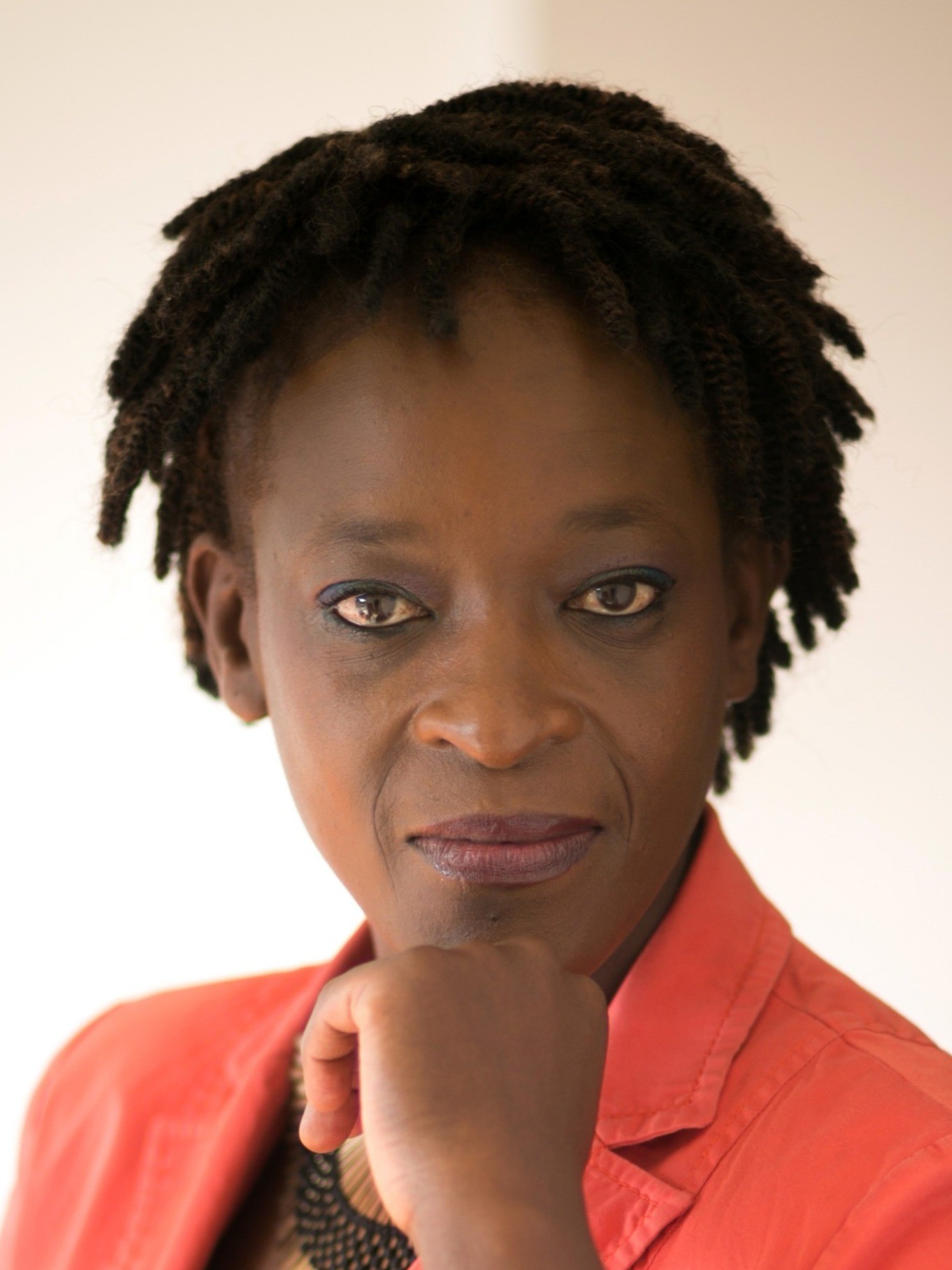Stella Nyanchama Okemwa
Radboud University Nijmegen
Bio
-
Stella Nyanchama Okemwa is a Kenyan with a Belgian nationality, residing in Belgium for more than 27 years. She attained a B.A in Education in 1990 from Kenyatta University in Kenya and thereafter, two M.A’s in Applied Pedagogical-Didactical Studies (1993) and in Advanced Studies in Social & Cultural Anthropology (1995). She obtained her masters degrees respectively from the Free University of Brussels (VUB) & The Catholic University of Belgium (KUL). She then embarked upon her doctorate studies at the KUL and conducted her anthropological research/fieldwork amongst the Abagusii community of S.W. Kenya.
-
She focussed upon such themes as personhood and belonging inasmuch as it is juxtaposed against the differentiated male/female power relations and access to the micro- & macro resources, to their spatial orientation and to their existential realities as well as their lived experiences.
-
She also focussed upon the Abagusii cosmological profile, ancestrality, spirituality and healing systems inasmuch as it is relegated to the “unutterable” shares of reference but nonetheless overtly manifested in their material and immaterial artifacts or reconstituted etymologically in their collective memory. The hypothesis is that these unutterable spheres of reference (genealogies collective amnesia) are core signifiers of personhood and identity. However, they are also perceived as being akin the essence of “godliness” or divine forces. It is this proximity to the divine, this oneness with the sacred, this embodiment of the sacra that fatally exposes them to the profane. It is a disruption that is so utterly disruptive that is rendered “unutterable” and collective erasure, silence, denial and negation. Paradoxically, these selfsame signifiers continue to serve as the “blueprint” or baseline upon which personhood and belonging is determined as well as the underlying norms and values. These shared pasts take a fundamental role in the construction of selfhood in the context of contemporary national and international realities notwithstanding the absence of the traditional signifiers and practices
-
She has published several articles pertaining to these themes and is still actively engaged as a guest lecturer in various private and academic institutions.
-
She has recently re-embarked upon her doctorate studies at the Radboud University Nijmegen under the auspices of the Race-Religion Constellation Project headed by Dr Anya Topolski. Her forthcoming article “Hands off my vagina:Unravelling the fallacies, paradoxes and innuendoes of female genital surgeries” is scheduled for publication in December.
Publications
-
“De vrouw in de civiele maatschappij: factoren die de civiele status van vrouwen in Kenya beïnvloeden”. In Noord-Zuid Cahier 21(1) maart 1996.
-
“Wombs and graves, witches and whores: Gusii paradoxes in a context of land modification. In D. De Lame & C. Zabus (eds), Changements au feminin en Afrique Noire. Paris: L’Editions l’Harmattan. 1999
-
Rhetoric of remembrance: Privileged authority of the elders and the contested gradations of seniority. Springer Science and business Media. LLC 2008
-
Enduring passions: The fallacy of ‘gender focused’ development in Kenya. APAD Bulletin: 20 (dec. 2000).
